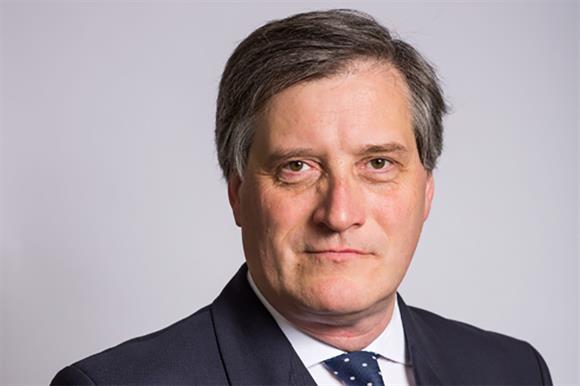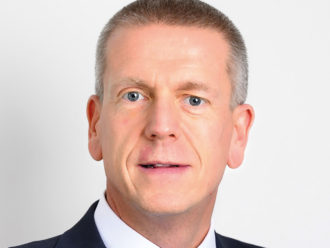What are you expecting from the markets in 2018?
We may continue seeing positive returns. There are a number of political bumps in the road, but quite a lot of that is in the price in the markets at the moment. Also if you look at problems like 2008, 2001 and 1987 usually what disturbs the market is something that no one is really seeing.
Probably if there is a threat to market values it is something that we haven’t seen or appreciated. As we get to the stage that returns get lower it is certainly possible that the market may pause if valuations are stretched. Even though earnings are growing we would expect a catch up at some stage.
What will cause the next problem? I don’t know. I’m pretty certain that it will not be any of the things that we can identify because once you know about something you can do something about it. If you don’t know about it, that is what disturbs things. If you go back to 2008, yes it was bundling debt that did it, but no one though there was a problem with bundling debt until there was a complete crisis of confidence about what was in the package. Before then everyone was saying: “It’s fine, it’s all AAA.”
One of the interesting things in the background, which I don’t know if it will be significant, is the car loans situation. When it doesn’t happen we tend to say: “Ha, that hasn’t happened,” rather than say: “Okay, it didn’t happen, but is there something else that could happen.”
I don’t know the dynamics of it terribly well, but I’m worried about a whole lot of people thinking that they own an asset that they don’t. I’m worried about what happens when you start tightening rules for emissions for the cars that people then return that produce higher emissions. I don’t know if they are sent to places that don’t have the same rules, but I can see that that could be a problem.
The third element is that there are a whole lot of people who have an idea that in this contract that they get a chance to buy the car and own it. Some of them will be disappointed.
The final thing is that if margins start to be squeezed more and more, what happens on these plans is that you will have limited mileage and limited wear and tear on the car.
If margins get squeezed they will increasingly narrow those, saying that you did too many miles or didn’t replace the tyres. Then they will say that you did not comply. When you give the car back you will, of course, get a new one, but there will be some penalties to pay. That could be difficult.
That is not to say that that is the most important thing. What if growth slowed? There are so many potentials. It just seems to me what makes them more potent is where we are in the market cycle. If we were talking about equities being on a price/earnings ratio in single figures, yields being 4% or 5%, deposit rates being 4% or 5% and inflation being well under 3%, we would all be saying: “Whatever comes to us we can deal with it.”
Interest rates will rise very slowing. If I put my old man hat on and say that I can remember five interest rate rises in a day in the 1980s when we left the exchange rate mechanism, I can remember property prices falling to the extent that most people my age put their keys through the building society’s door because they couldn’t afford the mortgage.
I’m not saying that we are going back there but it shows that the system can move. If we start going back to those things then we are in a society where far fewer people are able to stomach it because most of them are used to low interest rates and low inflation.
When I was 12 inflation was 25% and interest rates were in double figures. We went to the IMF two years later having gone bust. Once you know that these things can happen in certain circumstances then you have to say that the problems could be there. If, for example, we have anything that starts to push up interest rates quicker than people can adjust to then you will have the same thing. Property prices will fall as everybody starts to sell and they will say: “When I borrowed at 5% I didn’t expect to pay 8%.”
The simple maths that people sometimes forget is that interest rates have not been put up a quarter point, they have doubled. It is not what they alter them to; it is the proportion of the alteration.
The margin between what the rate is and what you are paying is quite small, so you don’t feel that impact, but the marginal change can be quite big.
We have to bear in mind that our economy is very fragile because we have a lot of people who would find significant interest rate changes enormously difficult to deal with.




